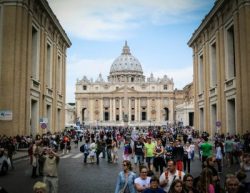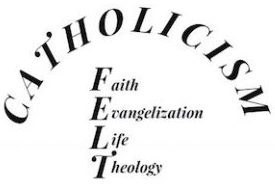
I’m certain most people reading this will recognize the name Samuel, particularly since we hear about him at Mass these days. It is in the Old Testament that we read about a woman – his mother – named Hannah, who was barren for many years until God eventually blessed her with a son. In gratitude to the Lord, she dedicates her boy, Samuel, to serve at the shrine of Shiloh under Eli the priest. One night, the young Samuel heard his name being called at a late hour. However, when the young one approached Eli three times, the latter responded the first and second time, “I did not call you, go back to sleep.” Then, the third time, he perceived clearly what was happening and instructed the young Samuel, “Go to sleep, and if you are called, reply, ‘Speak, LORD, for your servant is listening.’” (1 Sam 3:1-10)
Why would God call Samuel?
Certainly, many have wondered why God would elect to call someone like him at such a young age. This naturally leads to the question: “Who does God call?” I reflected upon this when I read the book Awakening Vocation, by Edward P. Hahnenberg. It examines the history of how vocation has been understood and challenges its readers to rethink vocation in light of a revitalized theology of grace. Indeed, God yearns to communicate Himself to all people. Therefore, He also invites all people to know, love, and serve Him.
As we saw with Samuel, a vocation is formed when God calls.
Indeed, His call is ultimately one that has as the primary goal the salvation and sanctification of souls. Nevertheless, when we consider the term vocation, we are reminded – as Hahnenberg stated in his book – that, “for centuries, Catholicism restricted the category of vocation to the priesthood and religious life.” Lay people were “those who were not clergy, those ‘who were not consecrated for the service of God.’” (Hahnenberg, 7) Holiness and evangelical action were seen as belonging only to the monks, to those consecrated to the religious life, and to the clergy. The lay faithful were viewed as people who lived in the world and only involved in worldly affairs, and they were viewed quite negatively. However, Vatican II emphasized that all Christians in every state of life are called to holiness, and now “three vocations stand out in postconciliar Catholic teaching as the paradigmatic way of living out the universal call to holiness: ordained ministry, consecrated life, and the lay life.” (41)

